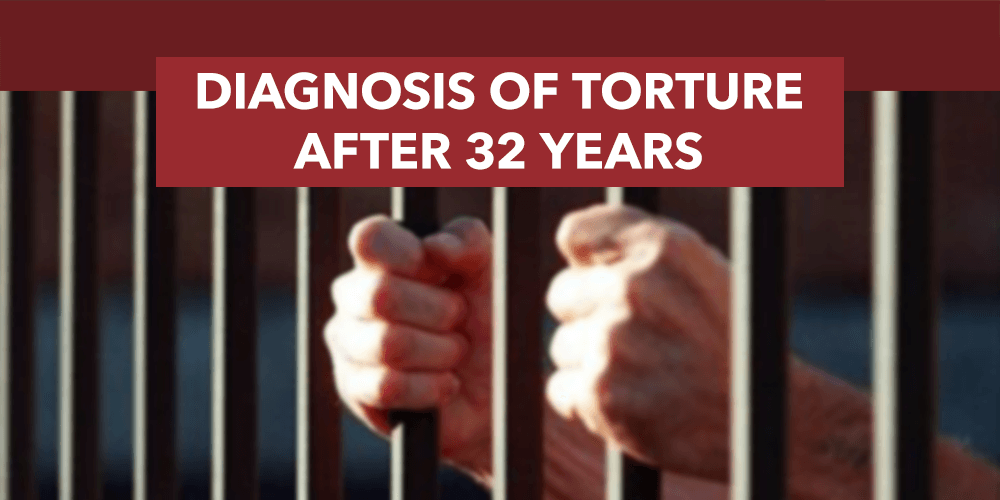ABSTRACT
Torture is a crime against humanity and it is frequently encountered in countries that have a history of military intervention such as Turkey. Torture still exists despite absolute prohibition by human rights and humanitarian law. More than 1 million people were tortured in Turkey since 1980 coup d’etat. Documentation of medical evidence is a prominent step for the prevention of torture. Manual on the Effective Investigation and Documentation of Torture and Other Cruel, Inhuman or Degrading Treatment or Punishment (Istanbul Protocol) provides international standards for medical documentation of torture. A holistic approach to trauma stories together with physical and psychological findings has been the mainframe of the Protocol. The aim of this study is to discuss physicians’ responsibility for the prevention of torture and to emphasize the importance of a holistic approach to the assessment of, particularly chronic patients.
A team of two forensic medicine experts and a psychiatrist examined three male patients, who allegedly had been tortured severely during the 1980 military coup. The team arranged necessary referrals and diagnostic examinations. After conducting a comprehensive medical examination, some physical and psychological findings of trauma were observed and documented even after 32 years.
The medico-legal evaluation and documentation of these cases many years after torture under the guidance of the Istanbul Protocol were presented and the significance of psychological assessment was especially emphasized. Furthermore, possible evidence of torture after a long period, and physicians’ responsibility for the prevention of torture is discussed.
***
Araştırmayı PDF olarak indirmek için tıklayınız.

